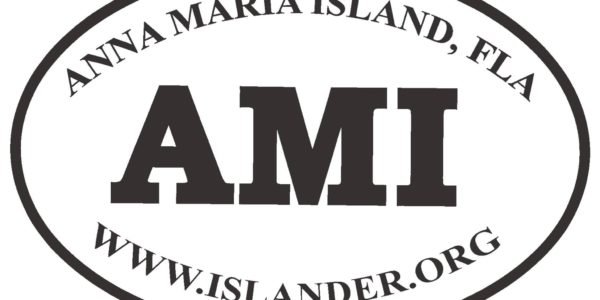A black-and-white poster of a man — his face wrinkled, his hair greasy, his eyes dull — adorned the wall of the principal’s office in my elementary school in the mid-1970s.
“Smoking is very glamorous” read the print on the American Cancer Society PSA depicting a decidedly unglamorous guy. The message was not lost on 10-year-old kids who wouldn’t worry about wrinkles for 40 years but recognized hideous.
Smoking isn’t glamorous, it’s deadly, we learned.
Two other posters displayed in the office depicted cartoon owls instructing kids to “give a hoot, don’t pollute” and “don’t be a dirty bird.”
For good reason, the anti-litter posters shared a wall with the anti-smoking poster.
On Anna Maria Island, we know that those who clean up our beaches find more discarded cigarette butts than any other type of litter.
The trend holds nationally and internationally, according to data from the nonprofit Ocean Conservancy.
Tobacco litter presents a threat to wildlife, as birds, fish and marine animals can mistake cigarettes — which contain toxins, nicotine, carcinogens — for food and ingest the butts.
The plastic cellulose acetate composition of cigarette filters actually acts as a conduit for the heavy metals in tobacco products, including arsenic, manganese, cadmium and lead.
And the toxins in tobacco litter leach into water — a cigarette butt dropped into a liter of water can kill half the lab minnows exposed to the solution in 48 hours.
To address the problems, anti-litter groups, such as Keep America Beautiful, partner with local governments to place “Bin the Butt” ashtrays near beaches, as well as distribute pocket ashtrays.
Surveys show some success with such efforts, but some environmental groups and politicians would go beyond making ashtrays available at public beaches to banning smoking at public beaches.
Maine, Hawaii and New Jersey have imposed restrictions on beach smoking, as have some other coastal communities.
For the 2019 session, state Sen. Joe Gruters, R-Sarasota, introduced a bill that would have prohibited smoking tobacco on public beaches. The measure, which died in committee, would have authorized law enforcement to issue a civil citation for smoking and set a maximum penalty of $25.
Expecting similar legislation to be sponsored in 2020, the environmental group ManaSota-88 in June issued a statement endorsing a beach smoking ban: “A ban on smoking on the public beaches would help reduce the litter from cigarette butts, reduce the health risks associated with second-hand smoke and promote a healthy lifestyle.”
The statement said ManaSota-88 “fully supports local and state efforts to reduce the irresponsible disposal of cigarette butts on public beaches.”
Stephen P. Leatherman also has endorsed a ban.
If you don’t recognize the name, maybe you know of Leatherman as “Dr. Beach,” who on Memorial Day weekends since 1991 has issued a list of top beaches.
Leatherman is based in Florida and many of his lists included Sunshine State beaches, but might that change?
He uses 50 criteria to evaluate beaches, and he acknowledged this year in an op-ed that he assigns extra credit for beaches where smoking is banned.
“Nothing restores the body and soul like a beach vacation,” Leatherman wrote. And then he stated a but about butts: “But sitting down on the sand and finding a nasty cigarette butt touching my hand spoils the whole experience.”
This column was published in The Islander newspaper.
Archives for The Islander are online here.
